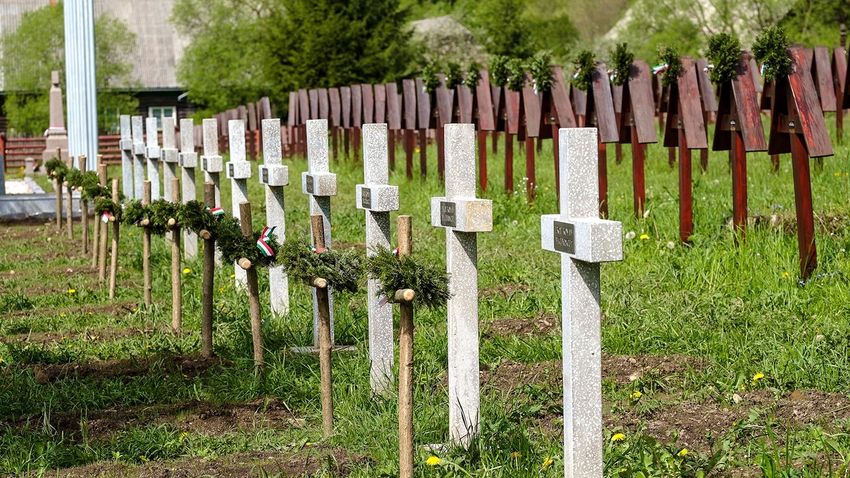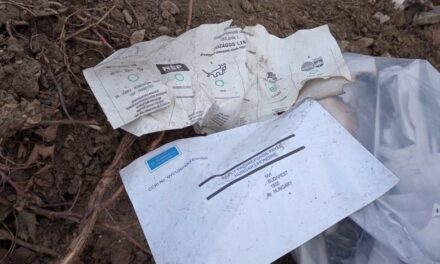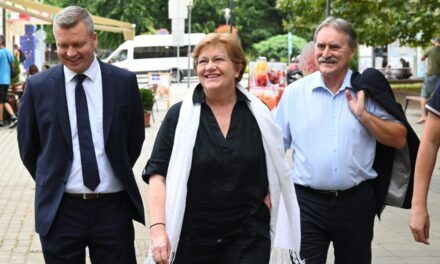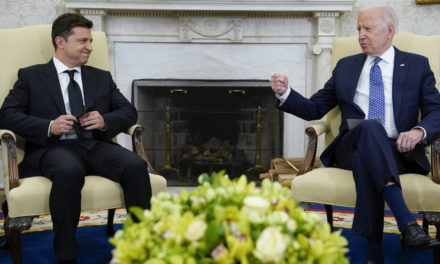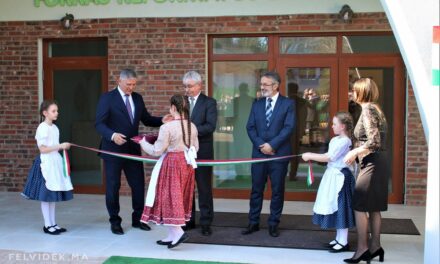The Transylvanian Hungarian Association (EMSZ) is afraid of falsification of history, and in a resolution distances itself from creating a memorial site for soldiers of all nations in the Úzvölgy military cemetery.
In its resolution, the national presidency of the Hungarian political establishment in Transylvania welcomes the removal of the illegally erected concrete crosses from the cemetery, but also expresses its conviction that "the only and real success would have been the prevention of open provocation and the resulting fear-mongering and anti-Hungarian aggression". .
The EMSZ also responds to the announcement of the Hargita county government, according to which the relevant local and county authorities and representatives of the Romanian Ministry of Defense agreed at their meeting on June 30 to create separate memorial sites for military heroes of various nationalities who fell in the Úz valley.
"We consider the latest agreement of the above-mentioned officials to be unacceptable. The historical facts and the available relevant documents and sources prove that no Romanian heroes are buried in the Úzvölgy military cemetery (only soldiers who served in the Austro-Hungarian army and died a heroic death), so the memorial site to be erected for the representatives of the various nations cannot be any other than the another means of falsifying history," stated the EMSZ.
The presidency of the party assessed that while "Romanian state political efforts to rewrite history arbitrarily and unilaterally" are already known, the fact that the current attempt is under the direction of Csaba Borboly "may cause a conflict".
"The chairman of the Hargita County Council was not only unable to prevent the Úzvölgy provocation that culminated in physical atrocity, but is now preparing to - under the false slogan of reconciliation - nullify the moral victory that was achieved through legal means, as well as actively participate in this classified case of falsification of history ” the resolution states.
Its writers state: the fallen soldiers - regardless of their nationality - deserve to have monuments erected in their honor.
But only in such a way that "they do not offend the sense of self of other nations, and do not seek to reinterpret the already existing - and functioning as scenes of collective memory - memorial sites".
The illegally erected concrete crosses were removed from the cemetery of the depopulated settlement on the border of Hargita and Bákó counties by dawn on June 29, after a final court ruling obliged the mayor's office of Dormánfalva to do so.
In the Úzvölgy military cemetery, the names of soldiers of other nationalities, including Russian, are also listed on the marble plaques erected during the renovation carried out by the village of Csíkszentmárton.
In its June 12, 2019 summary, the National Heroes' Memorial Office (ONCE), subordinate to the Romanian Ministry of Defense, stated that during the 1926-1927 transformation of the cemetery by the Romanian authorities, 444 Hungarians (108 known by name, 336 unknown), 121 Germans (43 known, 78 unknown), 22 Russians (4 known, 18 unknown), 11 Romanians (8 known, 3 unknown), three known Serbians, two known Italians and Austrians, as well as the ashes of 242 unidentified soldiers were costed.
A few days later, on June 24, 2019, on June 24, 2019, the official of the Ministry of Defense, Colonel Vilmos Kovács Kovács, commander of the Military History Institute and Museum in Tusnádfürdő, said that five of the 11 soldiers considered Romanian by the Romanian authorities were Hungarian citizens, so it was not possible to the heroic dead of the enemy camp.
He mentioned: the 600 wooden crosses placed during the previous renovation of the cemetery - carried out with Hungarian support - had a symbol (a plaque depicting a sword and a helmet) that was valid for all soldiers who died a heroic death, regardless of nationality.
MTI

